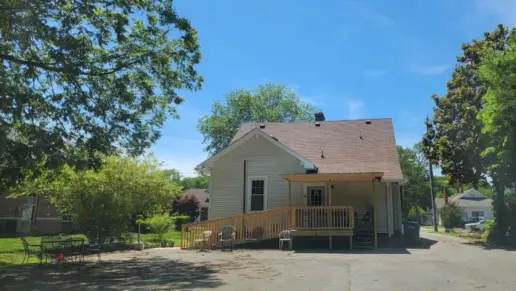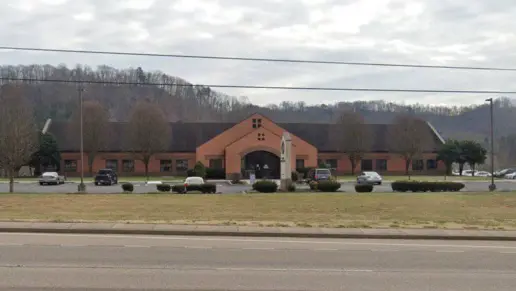I spent 4days at the facility and the staff was very kind and patient,i learned alot about myself and they continue ongoing therapy with me and know me well enough to ask me the right questions that aims me towards a solution for myself.
About Johnson Mental Health Center
Volunteer Behavioral Health’s Johnson Mental Health Center provides mental health and addiction recovery services for children, adolescents, and adults in Chattanooga, Tennessee. Their services include crisis stabilization, outpatient programs, as well as aftercare support. Specialized services are available for veterans and members of the military, clients involved in the criminal justice system, and clients with co-occurring conditions. Telehealth appointments are available.
Their outpatient services help clients better understand and work through the underlying, psychological aspects of their addictions. Typical services are more intensive in scope and frequent in duration than their general outpatient treatments. A team of multi-disciplinary providers works closely with each client to create a customized treatment plan tailored to their specific needs. Available services include individual, group, and family counseling, psychiatric medication management, psychological and psychosexual evaluations, and addiction-focused education.
They provide a complete continuum of care to ensure that you have access to the resources they need for long-term recovery success post-treatment. As needed, providers can connect you with community-based entities that offer services such as rental assistance, transitional housing, vocational training, and other forms of help.
They’re in-network with most forms of private insurance. Out of network benefits can vary so contact your individual provider to verify coverage. They’re also accredited by the Commission on Accreditation of Rehabilitation Facilities (CARF).
Rehab Score
Gallery
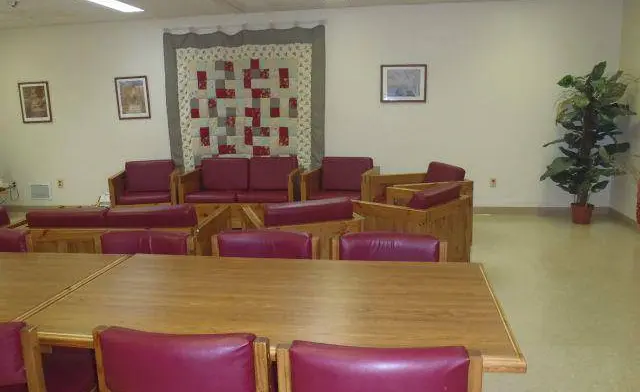
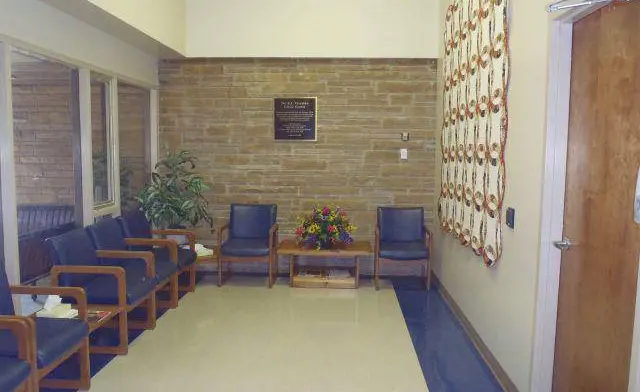
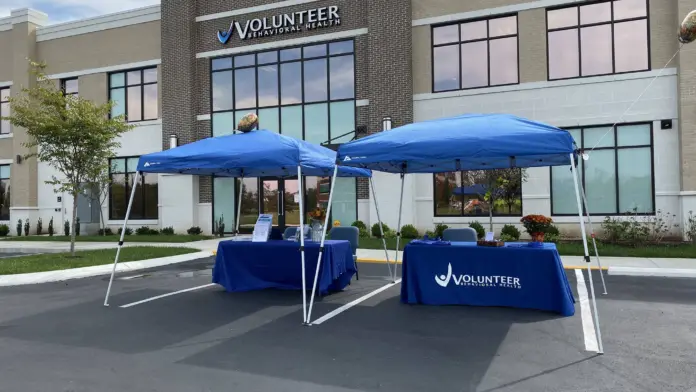
Location
Other Forms of Payment
Medicaid is a state based program that helps lower-income individuals and families pay for healthcare. Medicaid covers addiction treatment so those enrolled can use their coverage to pay for rehab. When a program accepts Medicaid the client often pays very little or nothing out of their own pocket.
Private insurance refers to any kind of healthcare coverage that isn't from the state or federal government. This includes individual and family plans offered by an employer or purchased from the Insurance Marketplace. Every plan will have different requirements and out of pocket costs so be sure to get the full details before you start treatment.
Self-pay involves paying for treatment out of your own pocket. You can use savings or credit, get a personal loan, or receive help from family and friends to fund your treatment. If you don't have insurance or your insurance plan doesn't cover a specific program, self-pay can help ensure you still get the care you need.
Medicare is a federal program that provides health insurance for those 65 and older. It also serves people under 65 with chronic and disabling health challenges. To use Medicare for addiction treatment you need to find a program that accepts Medicare and is in network with your plan. Out of pocket costs and preauthorization requirements vary, so always check with your provider.
Military members, veterans, and eligible dependents have access to specific insurance programs that help them get the care they need. TRICARE and VA insurance can help you access low cost or no cost addiction and mental health treatment. Programs that accept military insurance often have targeted treatment focused on the unique challenges military members, veterans, and their families face.
Addiction Treatments
Levels of Care
Treatments
Many of those suffering from addiction also suffer from mental or emotional illnesses like schizophrenia, bipolar disorder, depression, or anxiety disorders. Addiction Recovery Program provides recovery-oriented support for individuals with addiction or co-occurring disorders. Services include individual and group formats for relapse prevention and recovery skills development.
Mental health rehabs focus on helping individuals recover from mental illnesses like bipolar disorder, clinical depression, anxiety disorders, schizophrenia, and more. Mental health professionals at these facilities are trained to understand and treat mental health issues, both in individual and group settings.
Programs



Clinical Services
Cognitive Behavioral Therapy (CBT) is a therapy modality that focuses on the relationship between one's thoughts, feelings, and behaviors. It is used to establish and allow for healthy responses to thoughts and feelings (instead of unhealthy responses, like using drugs or alcohol). CBT has been proven effective for recovering addicts of all kinds, and is used to strengthen a patient's own self-awareness and ability to self-regulate. CBT allows individuals to monitor their own emotional state, become more adept at communicating with others, and manage stress without needing to engage in substance abuse.
Whether a marriage or other committed relationship, an intimate partnership is one of the most important aspects of a person's life. Drug and alcohol addiction affects both members of a couple in deep and meaningful ways, as does rehab and recovery. Couples therapy and other couples-focused treatment programs are significant parts of exploring triggers of addiction, as well as learning how to build healthy patterns to support ongoing sobriety.
Research clearly demonstrates that recovery is far more successful and sustainable when loved ones like family members participate in rehab and substance abuse treatment. Genetic factors may be at play when it comes to drug and alcohol addiction, as well as mental health issues. Family dynamics often play a critical role in addiction triggers, and if properly educated, family members can be a strong source of support when it comes to rehabilitation.
Group therapy is any therapeutic work that happens in a group (not one-on-one). There are a number of different group therapy modalities, including support groups, experiential therapy, psycho-education, and more. Group therapy involves treatment as well as processing interaction between group members.
In individual therapy, a patient meets one-on-one with a trained psychologist or counselor. Therapy is a pivotal part of effective substance abuse treatment, as it often covers root causes of addiction, including challenges faced by the patient in their social, family, and work/school life.
Trauma therapy addresses traumatic incidents from a client's past that are likely affecting their present-day experience. Trauma is often one of the primary triggers and potential causes of addiction, and can stem from child sexual abuse, domestic violence, having a parent with a mental illness, losing one or both parents at a young age, teenage or adult sexual assault, or any number of other factors. The purpose of trauma therapy is to allow a patient to process trauma and move through and past it, with the help of trained and compassionate mental health professionals.
Amenities
-
Residential Setting
-
Private Setting
Staff & Accreditations
Staff

President/CEO
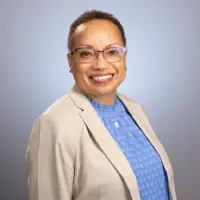
Chief Compliance Officer
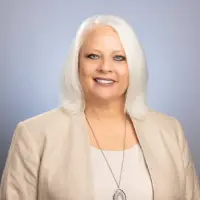
Chief Administrative Officer

Chief Information & Technology Officer
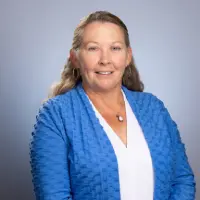
CFO
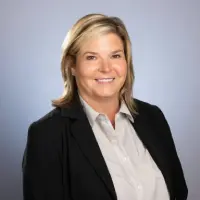
Chief Human Resources Officer

Executive VP
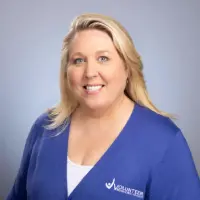
Chief Business Development Officer
Accreditations

The Commission on Accreditation of Rehabilitation Facilities (CARF) is a non-profit organization that specifically accredits rehab organizations. Founded in 1966, CARF's, mission is to help service providers like rehab facilities maintain high standards of care.
CARF Accreditation: Yes
Contact Information
420 Bell Avenue
Chattanooga, TN 37405

